- Need Technical Assistance? tech@vfairs.com
Welcome to the NARHC 2024 Fall Institute presented by NARHC's President, Mandy Shelast. NARHC's Director of Operations, Tasha Rynberg, is up next to go over some important information to make this conference a successful one.

Tasha Rynberg
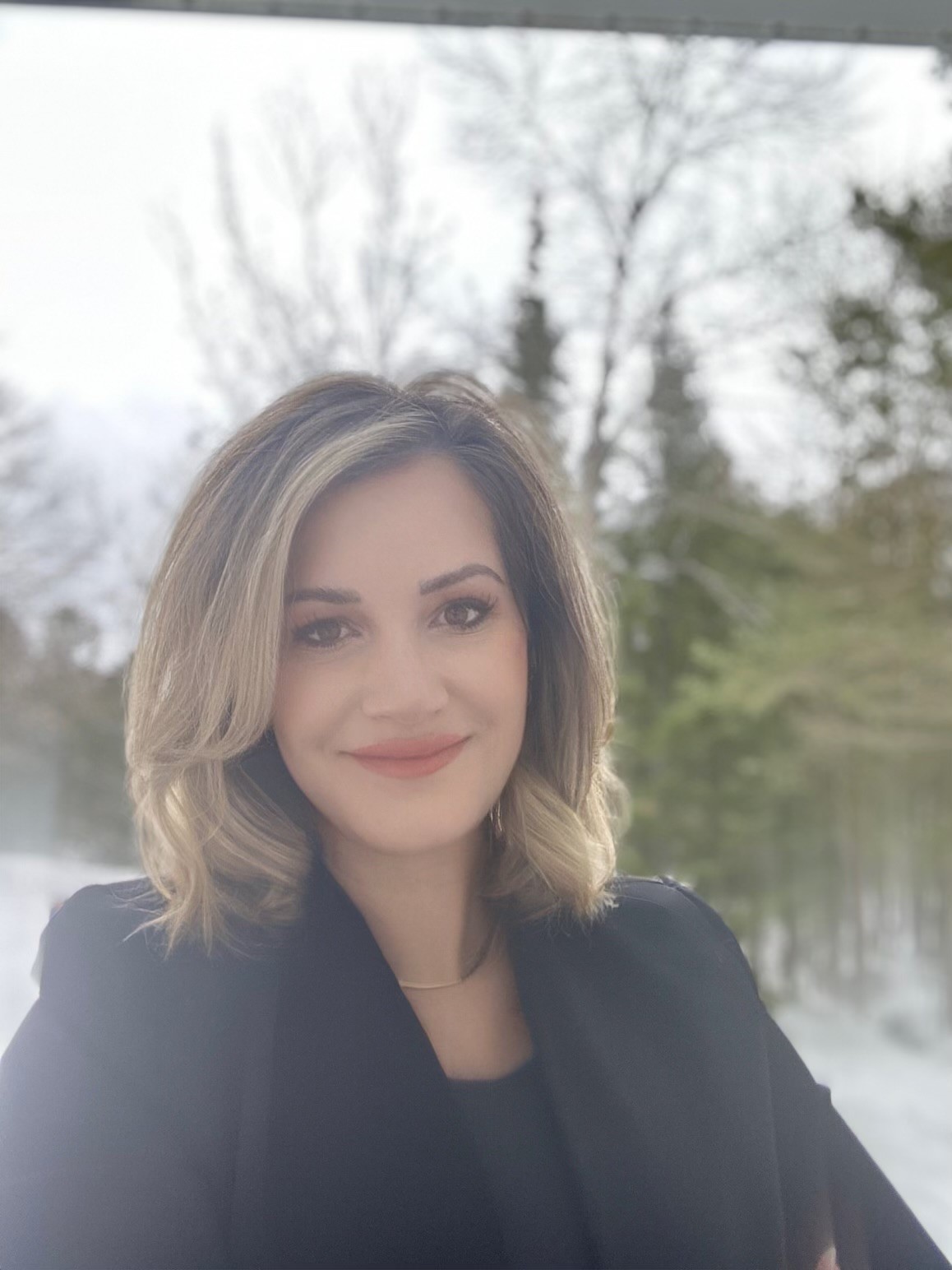
Mandy Shelast
Marshfield Clinic Health System
This session will explore the most fundamental concepts of rural health clinic coding and billing. Whether you are a seasoned biller needing a refresher or a novice, the curriculum will cover all the basic "how-tos" of Medicare billing and more.
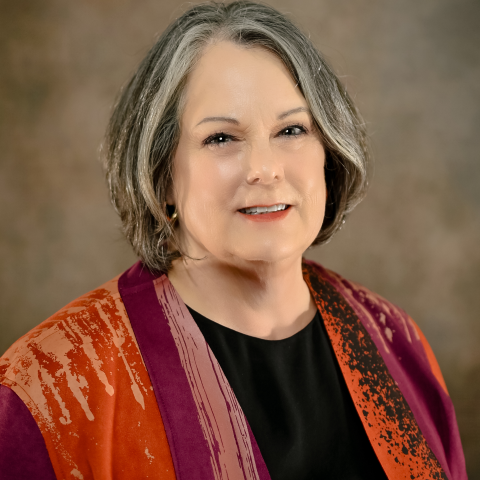
Patty Harper
Principal, InQuiseek Consulting
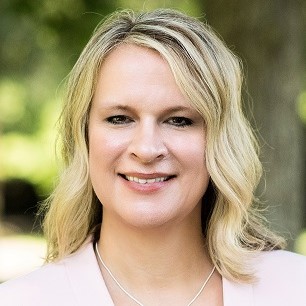
Julie Quinn
Principal/VP Compliance & Cost Reporting, Health Services Associates
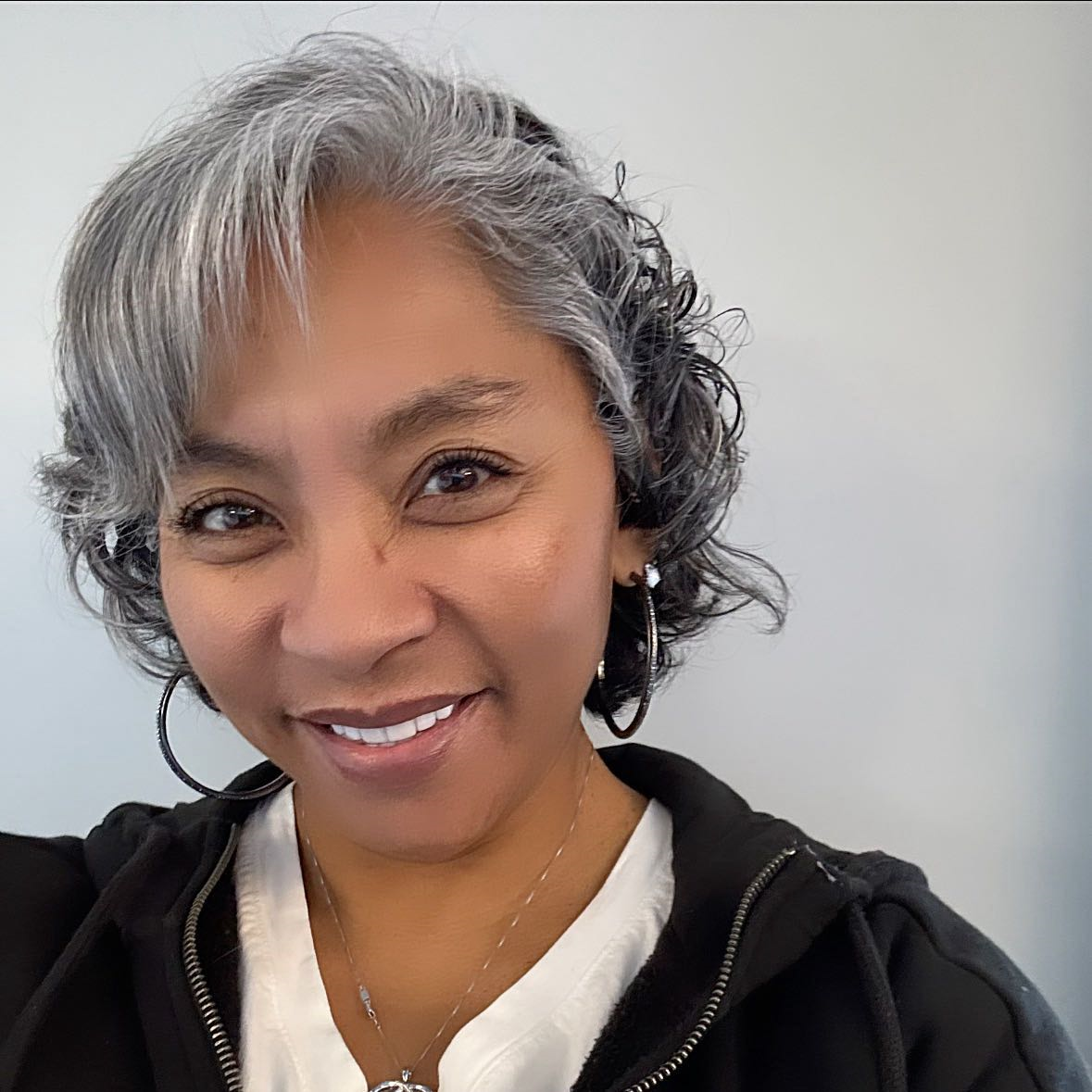
Michon Mayfield
Director of Business Development, Quad A
More details to follow.
The Perfect Storm is the confluence of two predictable forces that are happening right now. The first force is the retirement of Boomers who are taking a lot of experience with them. Plus there aren't enough Gen X (the next generation) to take their place. This means that many major positions (including administrator positions) are being filled by Millennials with a lot less experience than their predecessors. The second force is an unprecedented labor shortage. For the first time in modern history, there are more jobs than unemployed people. This a demographic trend created by the fact that the US didn't make enough babies to support job growth.
The impact of this Perfect Storm is that many healthcare organizations will struggle and even close because they can't find the people they need. At the same time, there will be a shortage in general expertise that will impact all areas of healthcare (ex: payment collection, quality, satisfaction). We are going to walk through the impact of the Perfect Storm on healthcare and what practices need to do to protect themselves.

Don Harkey
CEO, People Centric
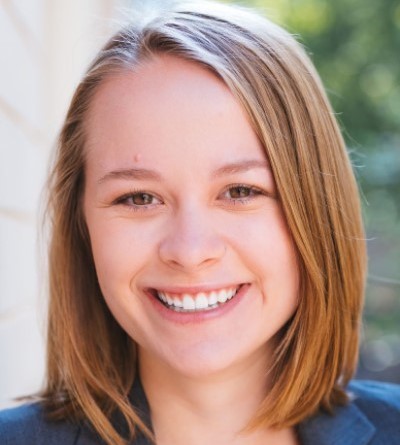
Sarah Hohman
Director of Government Affairs, National Association of Rural Health Clinics
More details to follow.

Elliot Myers
Clinic Administrator, St. Landry Family Healthcare & Harmon Medical Clinic
Join in the fun as NARHC, along with it's sponsors Wintergreen and United Professional Benefits, host an evening of networking, relaxing, and a bit of fun. Wear your favorite music artist/band t-shirt for a chance to win a $50 gift card!
Meet NARHC staff on the center concourse on the 2nd Floor to be escorted through the skywalk to The B.O.B. located at 20 Monroe Ave NW, Grand Rapids.
Click here for directions.
Communication is hard. People always say they need more communication and everyone believes that they are good communicators. We also have a growing number of methods tocommunicate: phone, text, group messages on multiple platforms, meetings, zoom calls,and so much more. But the truth is, we all communicate differently, and how wecommunicate directly impacts whether someone can effectively interpret our messages.
We will show participants the four types of communication styles, have them discover theirtype, and talk through ways to most effectively communicate with each type. Participantswill learn that it is not only important to know how they like to communicate - but why it ismore important to know how others like to communicate.

Don Harkey
CEO, People Centric

Patty Harper
Principal, InQuiseek Consulting
RHC Emergency Preparedness focuses on guiding participants through completing a Hazard Vulnerability Analysis (HVA), understanding its components, and recognizing its importance. The session differentiates between testing and implementing an Emergency Plan and emphasizes accurately accounting for and preparing for emergencies within a clinic.

Jill Oesterle
Director of Provider Solutions, Michigan Center for Rural Health

Julie Quinn
Principal/VP Compliance & Cost Reporting, Health Services Associates

Michael Tackitt
Director of Hospital and Clinic Operations, Brownfield Regional Medical Center Rural Health Clinic

Michon Mayfield
Director of Business Development, Quad A

Malissa Becksvoort
Director of Operations, Primary Health and Ambulatory Operations Performance Corewell Health
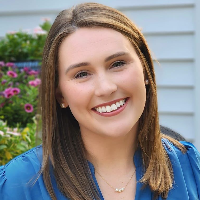
Aubrey Haynes

Sarah Hohman
Director of Government Affairs, National Association of Rural Health Clinics
Ensure RHCs are prepared for their RHC Survey by having a well-prepared, organized evidence binder. This course is especially helpful for new rural health leaders who are preparing for their first RHC survey.
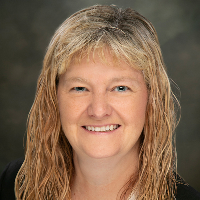
Michelle Boehne
Administrative Director of Clinics, Citizens Memorial Hospital
This session will provide information on understanding your patient population and healthcare disparities for those who live in rural locations. Analyzing and organizing data can identify multi-visit patients and characteristics that may lead to high utilization of healthcare.
Collaboration that includes the patient, healthcare and community-based organizations is crucial to ensure that those who live in rural areas receive high-quality, equitable, accessible care which can decrease the need for frequent healthcare visits.
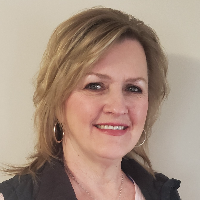
Lisa Thorp
Quality Improvement Specialist, Quality Health Associates of ND
See the NARHC 2024 Fall Institute discussion forum for the presentation.
Email conferences@narhc.org if you need assistance.

Mandy Shelast
Marshfield Clinic Health System
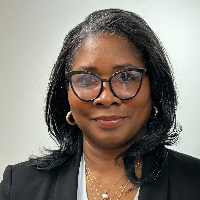
Karen Brown
Revenue Cycle Director, Mountrail County Medical Clinic
Employees generally think of accountability as something that they want for someoneelse, but not for themselves, and tend to blame the leadership for a "lack ofaccountability. But we know that accountability is more than just yelling when thingsaren't getting done. Good accountability is a system in which everyone knows theirpart and takes responsibility for its completion.
Great accountability systems shift theresponsibility from the burden being on leadership to it being a true team effort andalso shift the narrative from blame to solutions.

Don Harkey
CEO, People Centric
More details to follow.
Join Nathan Baugh, NARHC's Executive Director for a review of NARHC's advocacy priorities including policy goals for the last few months of the 118th Congress as well as broad overview of healthcare policy trends and how these trends may impact RHCs.

Nathan Baugh
Executive Director, National Association of Rural Health Clinics